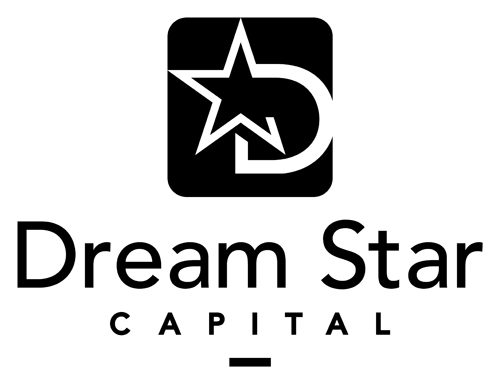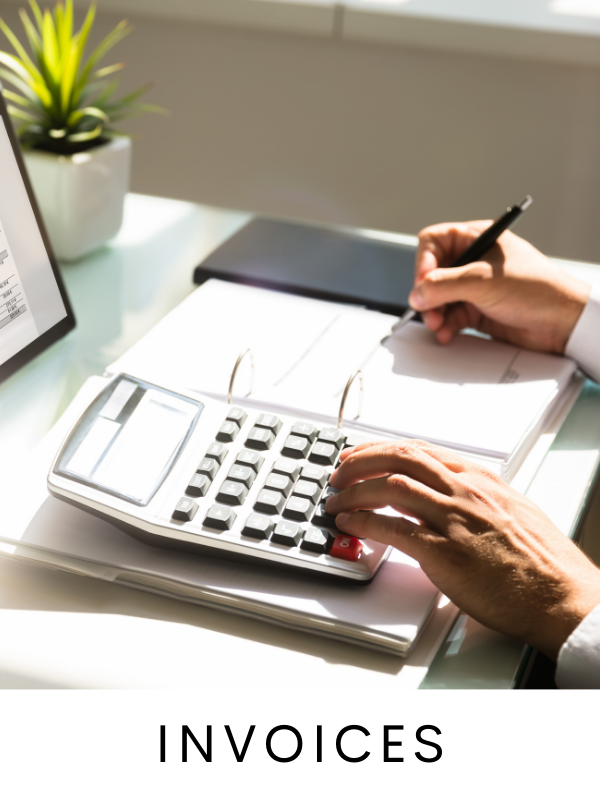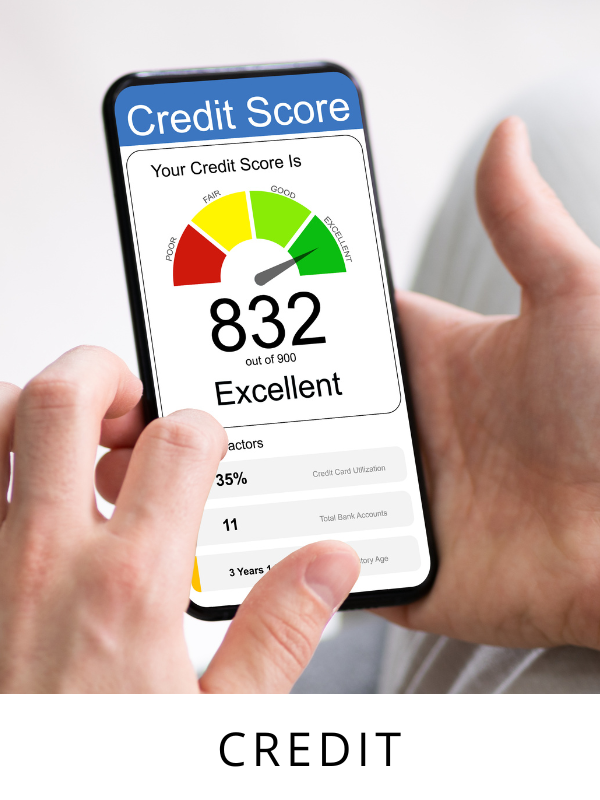Curious about Factoring?
Factoring enables businesses to mitigate cash flow constraints without taking on added debt. Any business with accounts receivable can use factoring to pull in extra cash when needed without extensive credit checks.
Loan Overview
In simple terms, factoring is the sale of accounts receivable to a factoring company, called a “factor,” for a percentage of its value. The factor then collects payment on the account instead of the original company. Once the account is paid, the factor recoups the amount they paid out to the original company, plus a small fee. The factor then forwards the remaining amount to the original company. Factoring is a fast, easy way for businesses to get paid now for what their clients owe, instead of waiting until the payment due date. It helps manage the cost of materials and labor for incoming orders. It can also help a company cover short-term expenses that come due before they’ve received their payments from clients.
As an example, a client owes Company A $10,000 on an invoice. Company A sells that invoice to a factor for 80% of its value, meaning the factor gives $8,000 in cash to Company A. The client pays their invoice of $10,000 directly to the factor. The factor takes out their $8,000 plus a 3% factoring fee, which comes to $240. Then, the factor sends Company A the remaining $1,760. The client isn’t affected by the transaction between Company A and the factor, except to send payment to a new address.

Invoices
Don’t wait a month or longer for your clients to pay when you need money for utilities, payroll, or materials. You can sell your invoices to a factor and get paid right away. When the client is ready, they pay directly to the factor. After a factoring fee, the remaining payment goes to you.
Purchase Orders
A purchase order is a request sent by a client to a vendor and represents a legally binding contract. The buyer promises to pay when the vendor completes the request. You can factor a purchase order as easily as an invoice and get the cash you need to fill your next order.
Credit
Many businesses allow their customers to buy goods and services on credit, meaning they receive now and pay later. For companies with repeat business, this can serve to enhance client relationships. Credit accounts can also come in handy when you need the financial boost you can get from factoring.
ADVANTAGES

Get cash now without having to wait on clients.

Offers clients more flexibility.

Factor whenever your business needs extra cash.

Based on your client’s creditworthiness, not yours.
DIS-ADVANTAGES

If a client requests a refund, you will have to repay the factor.

If a client fails to pay their invoice, you must repay the factor.

Not available to businesses without accounts receivable.




